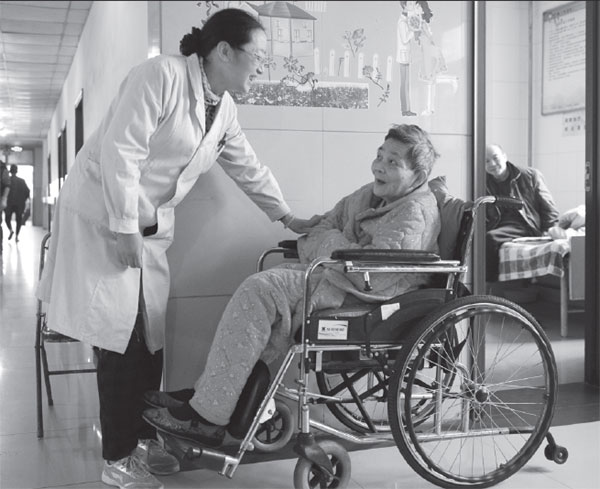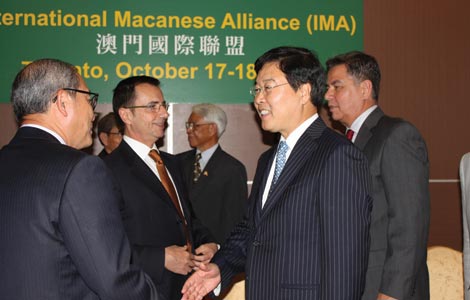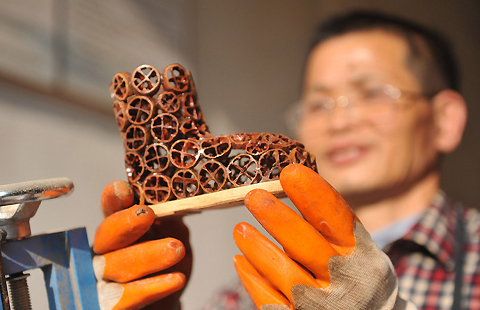New proposals for care of the elderly
Updated: 2014-10-24 07:59
By Shan Juan(China Daily)
|
||||||||
Four countries - Germany, Japan, the Netherlands, and the Republic of Korea - have introduced long-term care insurance systems, according to the World Health Organization.
"But it will take years to set up a similar program, because a huge amount of preparatory work will be required before it can be implemented successfully," Du said.
Wang Yiming, deputy chairman of the Department of Finance at Peking University, suggested that the government should initially test the policy in economically well-off regions.
"Alternatively, it could start as a commercial program, and gradually evolve into a government-run public program when the government is ready," he said.
Du said that although similar programs are available from commercial insurance companies, they only cover a few tens of thousands of people on the mainland. "They haven't been well-received, and the insurance companies are reluctant to promote these policies because of a number of uncertainties, such as assessment of costs and relatively low public awareness," he added.
Wang Baosheng, a 49-year-old resident of the Chaoyang district of Beijing, said he was not aware that such policies existed. In recent years, he and his wife have struggled to take care of his elderly parents.
Wang's father passed away in 2012 at the age of 86. His mother is 87. "My mother was diagnosed with Alzheimer's disease in 2005. My father was diagnosed in 2009. They came to Beijing from Tangshan (in Hebei province) 11 years ago," Wang said.
"My father was in the hospital for about 10 days before he passed away, so my wife and I took turns taking care of him there," he said. The couple's lives were made doubly stressful by the need to take care of Wang's mother, who lives with them.
"My mother doesn't sleep well now, and needs our care 70 percent of the time. My father often got up three times a night - sometimes to go to the bathroom, sometimes to eat. Whenever he got up, we had to get up too," he said.
They were unable to afford the 3,600 yuan ($588) a month it would cost to hire a nurse to stay at the house regularly.
"My wife can't go to work because she needs to take care of my mom. It would really help if the long-term care insurance covered my family, but that would be unlikely because my mother doesn't have a Beijing hukou (household registration)," Wang said. Most public services, such as healthcare, care for the elderly, and education, are related to the hukou system, which usually only allows a person access to those services in the place they are registered.
"We all have parents. They raised us. It's natural that we should take care of them as they get older," Wang said.
Contact the writer at shanjuan@chinadaily.com.cn
|
Si Dongmei (left), director of nursing at a medical care institute for elderly people who are unable to live independently because of illness or disability, in Xi'an, Shaanxi province, chats with a resident. Photos By Ding Haitao / Xinhua |
Most Viewed
Editor's Picks

|

|

|

|

|

|
Today's Top News
New York doctor tests positive for Ebola
Virgin America expands link with China Airlines
Alibaba's Ma heads for Hollywood in search of content
8 popular icons on traditional Chinese architecture
The Forbidden City relives in Vancouver Art Gallery
Twitter, Facebook eye 'strong connections'
Top talent exits pose problems for CICC
Regulator says capital outflow fears unfounded
US Weekly

|

|
















